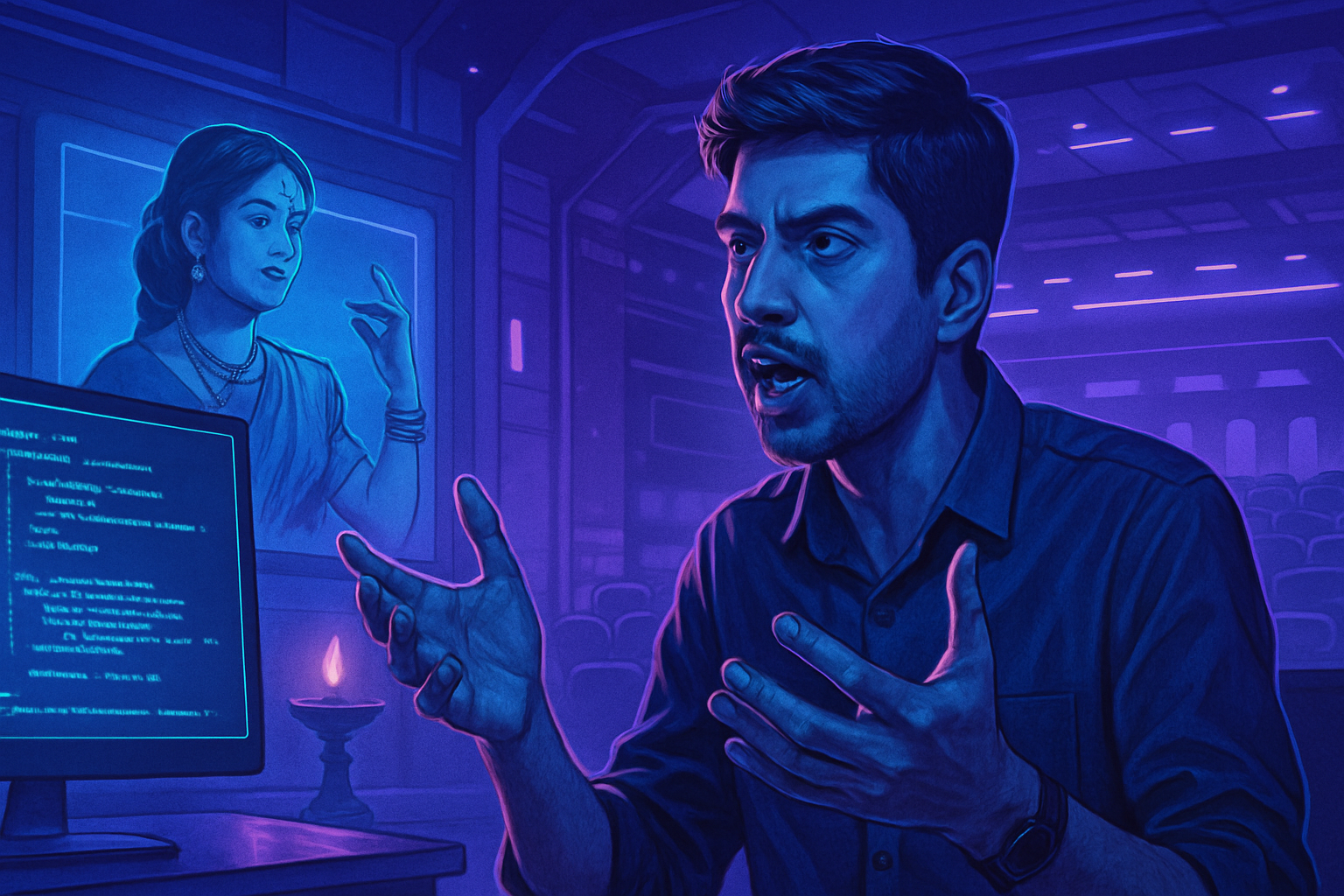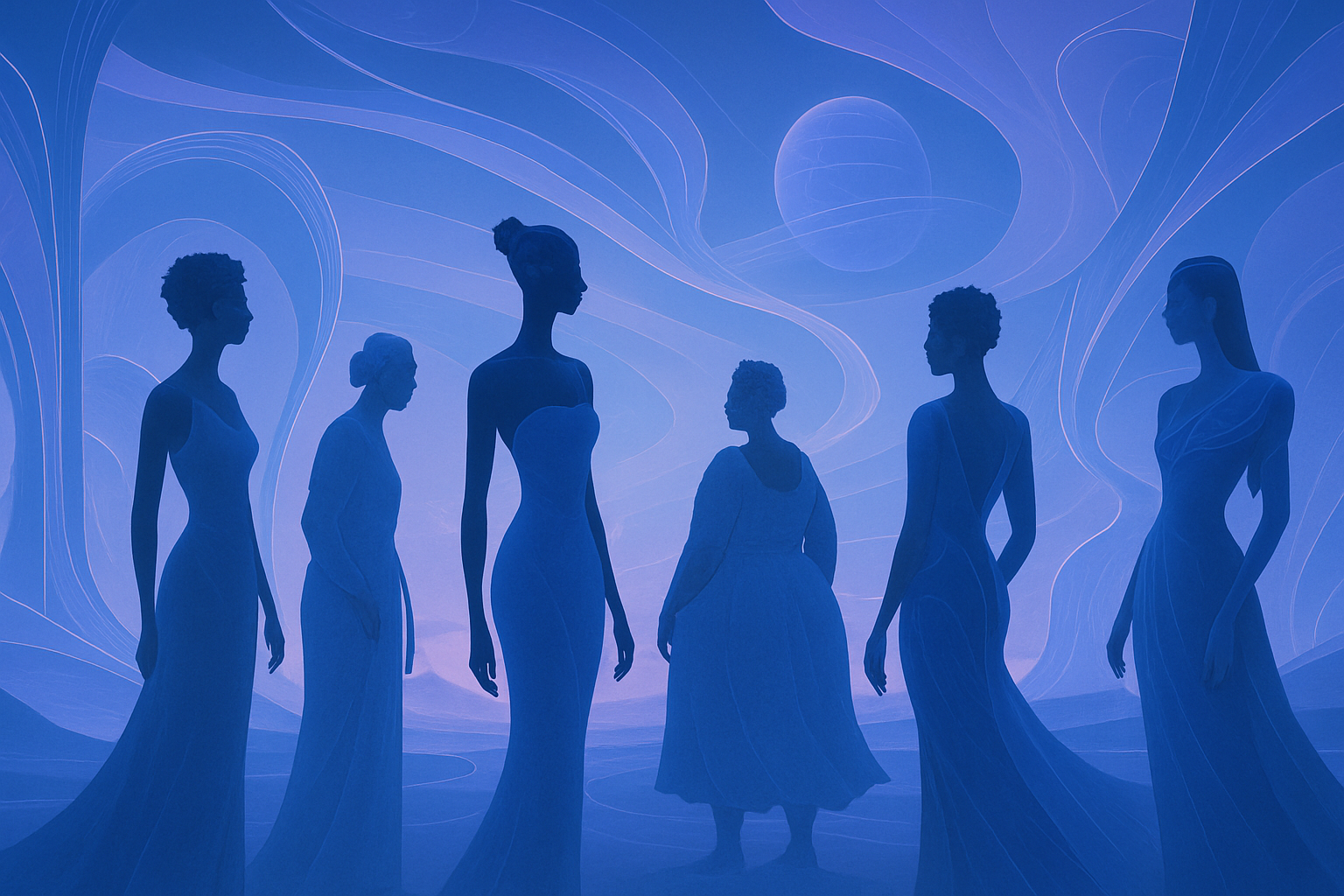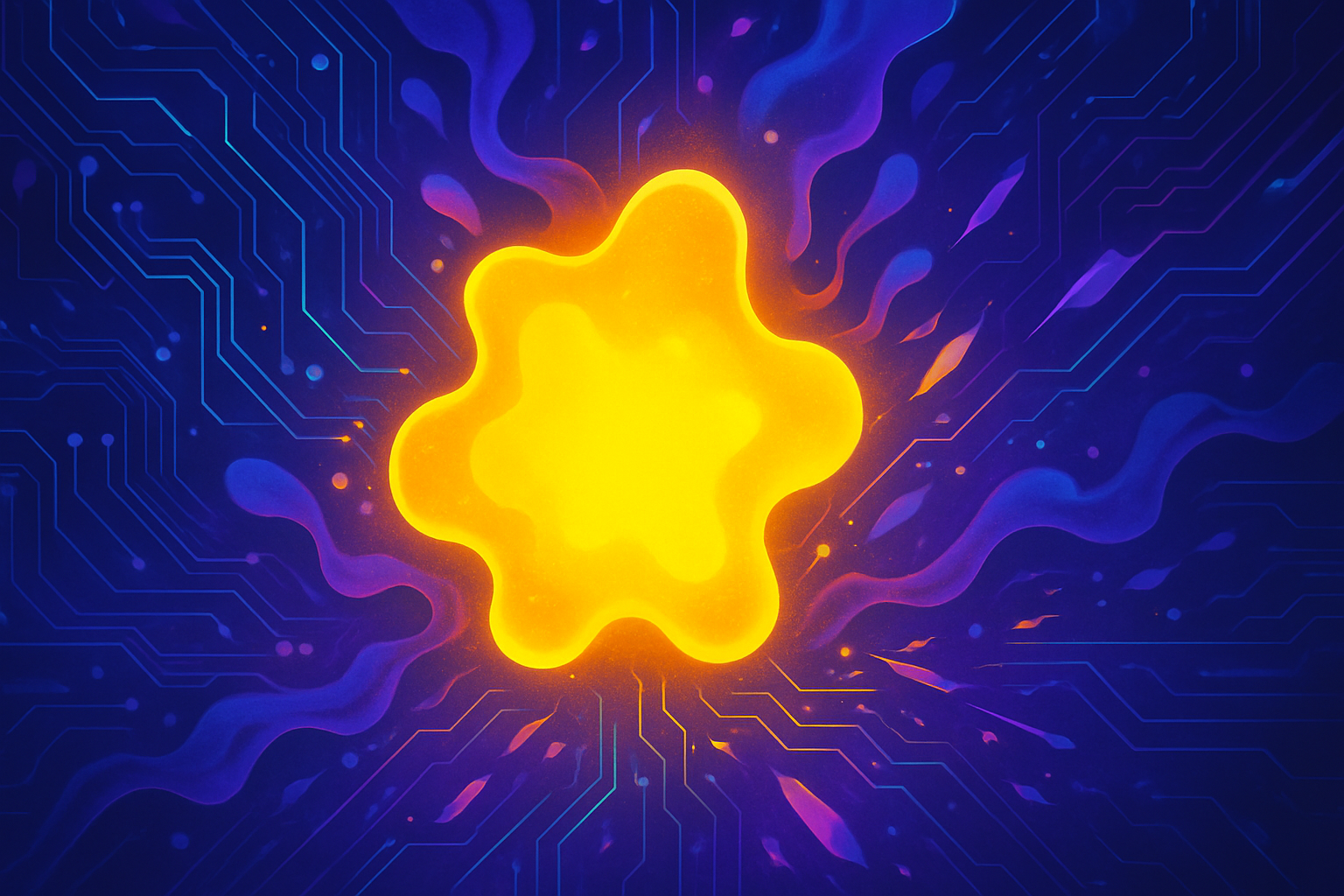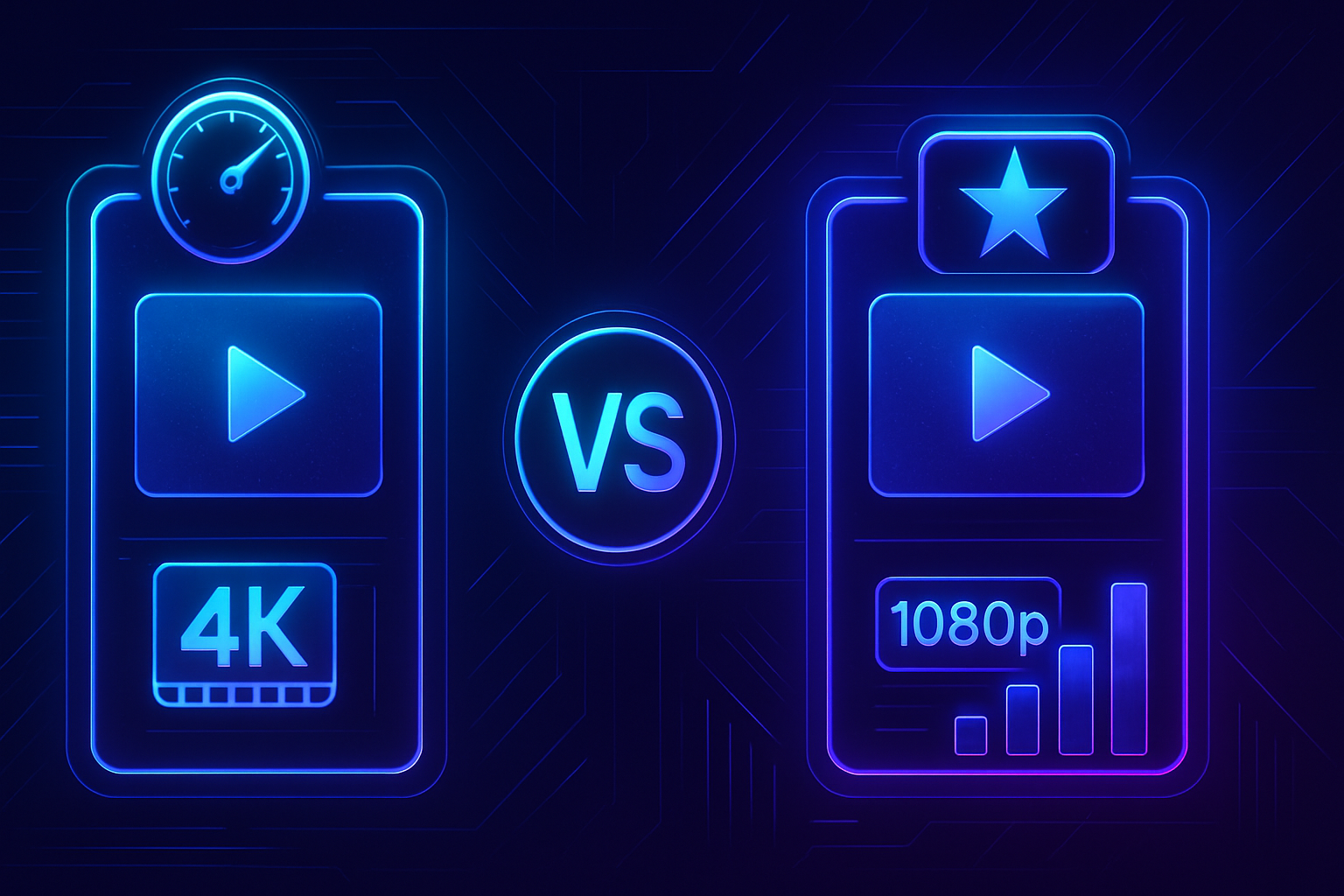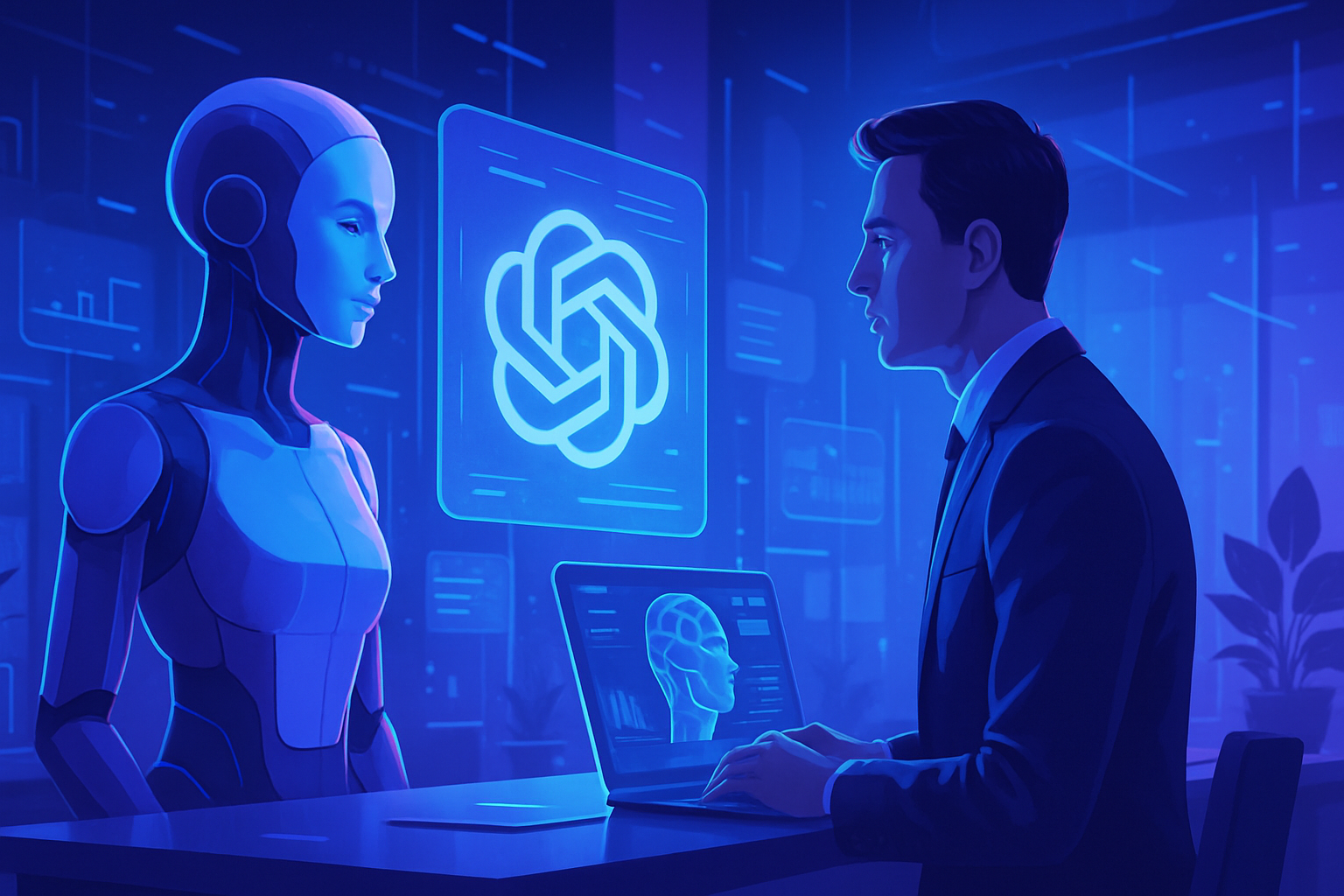Varun Grover firmly opposed the AI-generated ending of the Tamil version of Raanjhanaa, a provocative reassessment of the creative choices of filmmakers. This controversial choice raises questions about artistic authenticity and the role of technology in cinematic storytelling. Does the art of storytelling rely on an ancient tradition, or can it be reimagined by algorithms? At the heart of this discussion lies the fragile balance between innovation and timelessness.
The controversy surrounding the AI-generated ending
Varun Grover, renowned screenwriter, has expressed reservations about the *revised* ending of the Tamil version of Raanjhanaa, which has been recently re-released. According to him, this *modification*, influenced by AI, adds no value to the work. His intervention implies a broader reflection on the impact of technology on cinematic art.
Varun Grover’s critiques
During an exchange on social media, Grover highlighted the lack of sensitivity and authenticity in this new conclusion. For him, the essence of the film was lost in this attempt at technological optimization. He laments that artistic decisions are now dictated by algorithms, calling into question human creativity.
The role of Aanand L Rai and artistic choices
Aanand L Rai, the *original* director of the film, nevertheless attempted to maintain a deep emotional tone throughout the work. Grover’s perspective raises questions about the compromise between modern adaptation and respecting an ancient artistic vision. The emphasis on Rai’s *decisions* highlights the striking contrast with the intervention of technology.
The implications of using AI in cinema
Grover’s critique fits within a growing trend where the use of artificial intelligence raises questions about the artistic approach. The possibility of using AI to enhance cinematic narratives poses ethical dilemmas. The need to protect artistic integrity often clashes with the apparent benefits of *technological innovation*.
Public and professional reactions
Reactions among the public are mixed. Some support Grover, feeling nostalgic for classic storytelling. Others, however, defend the idea that modernity and AI could *potentially* enrich cinema. This debate highlights the need for a dialogue between tradition and innovation in an ever-evolving industry.
Conclusion on contemporary artistic challenges
This controversy, voiced by Varun Grover, underscores the challenges contemporary cinema must face. As technology continues to progress, the harmony between human emotions and technical innovations must be preserved. Cinematic creation, at the heart of these concerns, must navigate between its cultural heritage and the utilization of new possibilities offered by technology.
FAQ on Varun Grover’s critique regarding the AI-generated ending of Raanjhanaa
What prompted Varun Grover to criticize the ending of the re-released Tamil version of Raanjhanaa?
Varun Grover expressed his disagreement with the use of artificial intelligence to modify the film’s ending, emphasizing that it sacrifices the artistic and human dimension of storytelling.
What does the modification to the ending of Raanjhanaa in its Tamil version actually entail?
The ending of the re-released version has been altered by AI algorithms to create a conclusion deemed more in line with contemporary expectations, which has raised concerns about narrative quality.
What are the potential consequences of using artificial intelligence in cinema, according to Varun Grover?
Grover believes that the use of AI could lead to a standardization of narratives, thus limiting filmmakers’ creativity and the depth of characters.
Has Varun Grover proposed alternatives to the use of AI in scripts?
Yes, he suggested that screenwriters should prioritize authenticity and human emotion rather than relying on technological solutions to influence narratives.
What specific critiques has Varun Grover made about filmmakers’ creative choices regarding AI?
He noted that creative choices should be based on human and personal perspectives, emphasizing that AI cannot capture the complexity of the essential human emotions in a story.
Has Varun Grover’s critique sparked reactions within the film industry?
Yes, his critique has sparked a debate among filmmakers and critics, with some arguing that such technology could have a place while emphasizing the need to preserve artistic integrity.
What are the risks of reliance on AI in the entertainment field?
Reliance on AI may lead to a reduction in narrative diversity, a impoverishment of stories, and a risk of disconnection between the audience and the tales being told.
